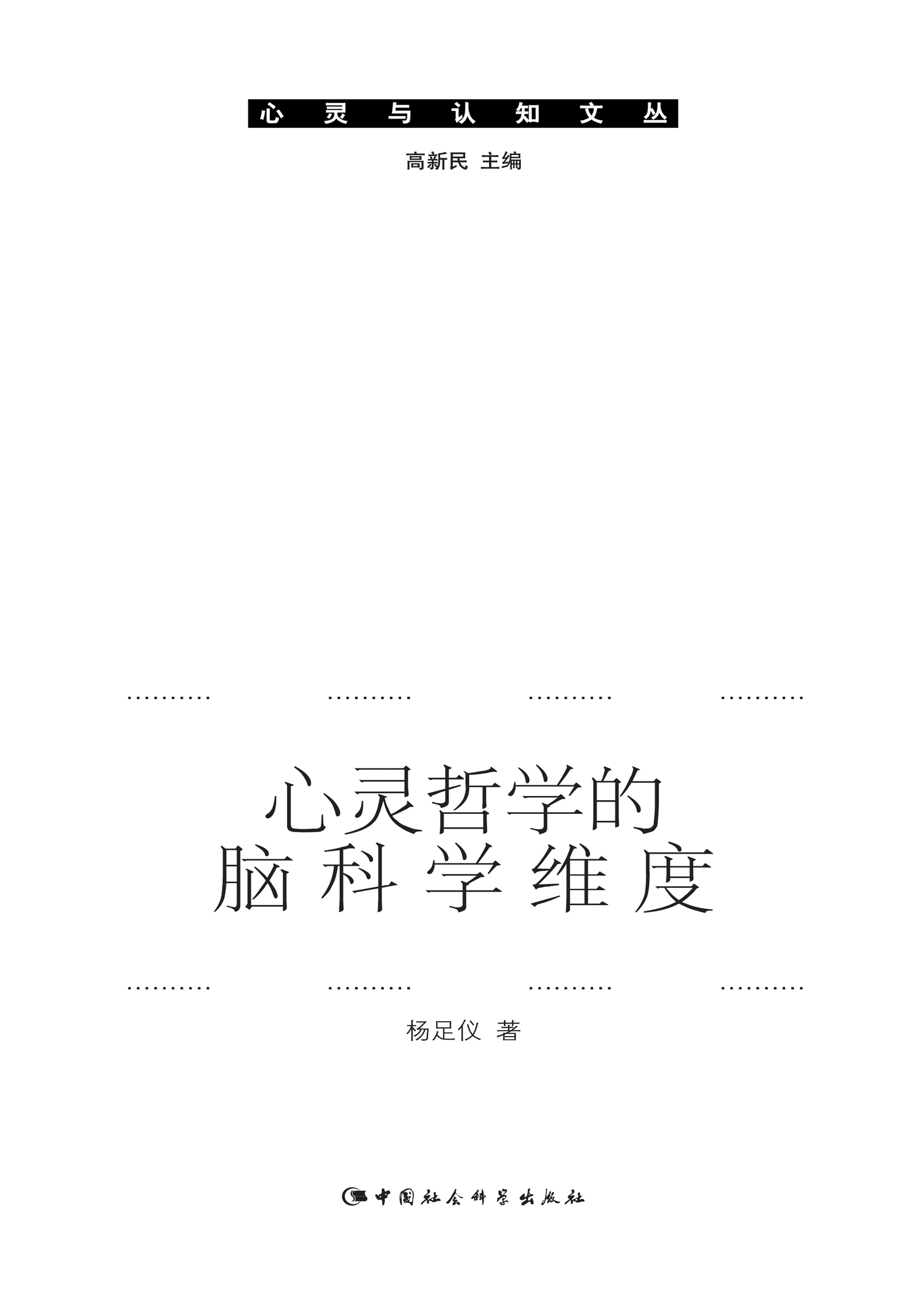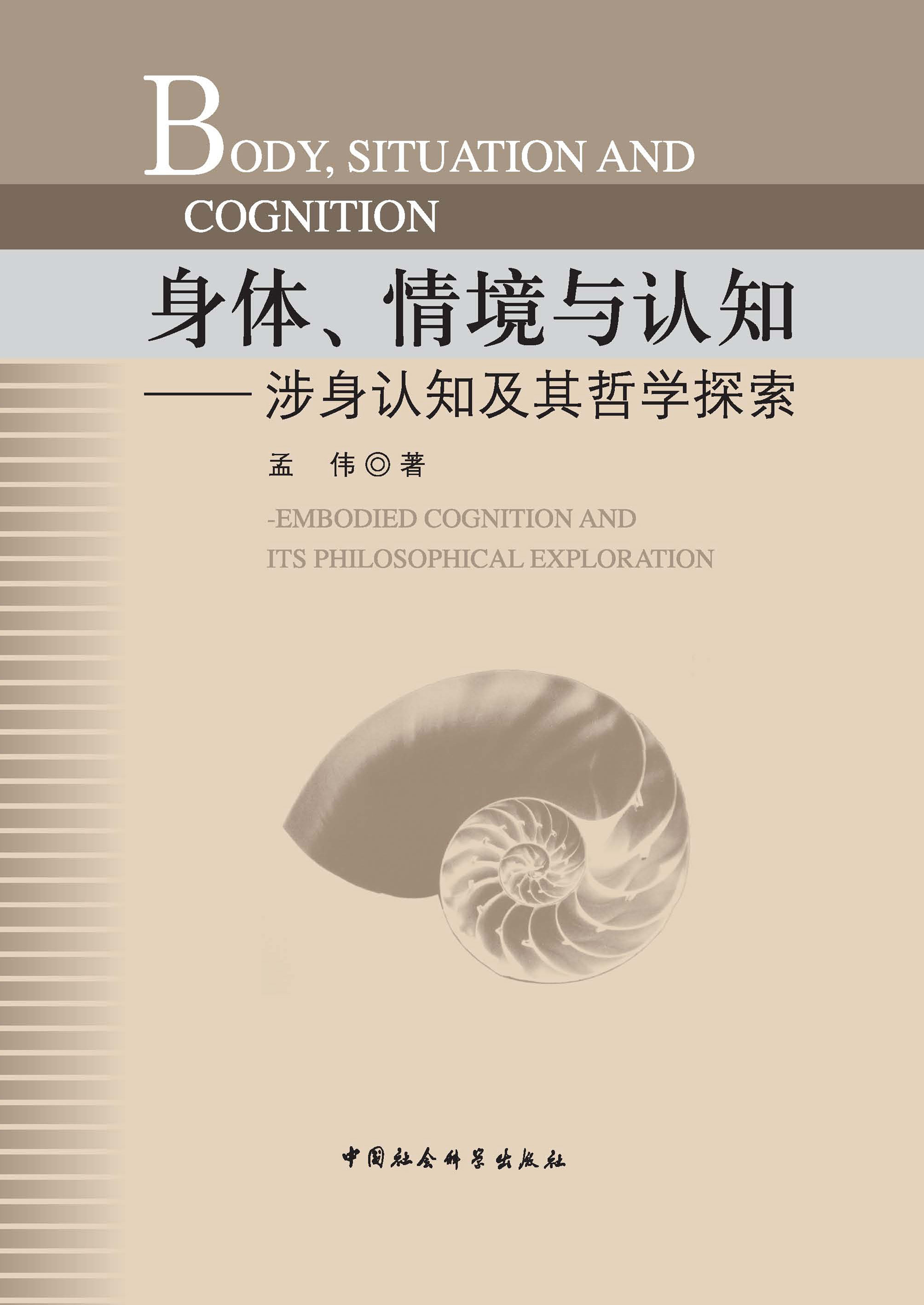内容简介
作者简介
目录
Chomsky’s linguistic theory has not only revived the nativism,but also promoted its development in contemporary philosophy and cognitive science.The fields it covered range from psychology,linguistics and ethics,to ethology,neuroscience and computational science.The forms of contemporary Nativism develop from language innateness and modular theory to Evolutionary Nativism,Genetic Nativism and A new comprehensive theory.Each forms has its own Theoretical factions.Nativism and Empiricism which produced in ancient Greec are two different answers about the source of human cognition.Now,the debate is not j ust academic.It would affect mass media and the general public especially when the issue comes to the emotional instinct or personality preferences.Because of cultural background,values,the emphasis of eastern and western Innatism is different.Western focuses on the nature,structure,Arcanum and the operating mechanism of mind.The Oriental pay more attention to a series of questions of ethics and morality.The contemporary nativism has the following distinctive features:the foundation is modern science,especially genetics and biology;the fields it covered are widespread;the issues it concerned include the sturction and function of nativism;the research style is more naturalistic.The opponents stress that concept of“innate”is very confusing,the theory of innate ideas what it means is not clear.There will be misunderstanding and controversy because of the mix of words and phrases.Whether people agree or disagree with the concept of“innate”,emphasizing the innate factor has become a general consensus.Nativism is closely linked to paradigm of cognitive science.The different cognitive scientific research program in explaining the psychological structure is not the same.So innate is a“framework concept”.Relating to the notion of innateness,the nature of mind,and so on,this paper examines the history of traditional nativism and the forms of modern nativism,and discusses the issues of modern nativism.In the interpretation of the classics of Marxism,we can easily find a large number of expositions oninnate ideas which constitute Marxist innateness theory.Marxism theory of reflection has difference between germline and individual,such as homotropic inheritance.Marxism theory unfolds its critique on traditional nativism,but not innate ideas.Modern nativism bring about opportunities and challenges to Marxist epistemology.The thesis makes analysis of their rationalities to enrich and develop Marxist theory.This is the essential requirements of philosophy’s modernization,but also development needs of Marxism Epistemology.Contemporarynativism enriches and develops the traditional innatism,and the reasonable factors will promote theoretical innovation on related disciplines.It provide new issues and angle for artificial intelligence,anthropology,ethics,pedagogy,and so on.But the criticism of contemporary nativism makes great pressure,and it does have itsown theoretical defects.First,lack of forceful arguments,the argument is not sufficient.The second is too much emphasis on nature,ignore nurture.Third,the concept of innate is confused.The fourth is caught in the paradox of theory.Fifth,it main considers intellectual factors,with little consideration of their social impact.So Nativism relies heavily on scientific and technological progress.Its development needs broader integration.Key words:Nativism;Computationalism;Neo-teleology;Embod-ied Cognition;Marxis
全部显示∨
李艳鸽女,1979年生,湖北仙桃人,哲学博士,现为武汉纺织大学马克思主义学院副教授,硕士研究生导师,华中师范大学心灵与认知中心成员,主要从事心灵哲学、大学生心理健康教育研究,参与国家级项目多项,主持省级项目两项,在《学术月刊》、《学习与探索》、《中国科技论坛》等刊物发表论文二十余篇。
全部显示∨
绪论第一节天赋理论最新发展的研究意义与一般进程一天赋理论最新发展的研究意义
二天赋理论最新发展的一般进程
第二节天赋理论最新发展的研究目的与内容一 研究目的
二 研究内容
第三节天赋理论最新发展的研究思路与方法一 基本思路
二 研究方法
第一章 概念辨析与天赋理论的种类第一节天赋理论相关概念一天赋论与先验论、唯心论
二天赋论与理性主义或唯理论
三天赋论与本能论、遗传决定论
四天赋论与先天、后天
五天赋论与天才
第二节 “天赋”概念理解的不同走向一 “天赋”的常识理解
二 “天赋”的生物学理解
三 “天赋”的认知科学理解
第三节天赋理论的种类一 按发展阶段分类
二 按天赋所指分类
三 按认知模型分类
四 按学科领域分类
五 按词源词义划分
六 按认知科学研究纲领分类
第二章天赋理论的历史溯源第一节 西方天赋观念论的历史演变一 柏拉图的天赋观念论
二 笛卡尔的天赋观念论
三 斯宾诺莎的天赋观念论
四 莱布尼茨的天赋观念论
五 康德的天赋观念论
第二节 东方天赋论思想的历史渊源一 先秦时期的天赋论思想
二 秦汉及后来的天赋论思想
第三章 佛教唯识学中的天赋理论第一节 唯识“八识”说与“识分说”一 唯识“八识”说
二 唯识“识分说”
第二节 唯识“种子”说与“新熏说”一 唯识“种子”说
二 唯识“新熏说”
第三节 西方心灵哲学框架下看佛教唯识学一 唯识学与西方心灵哲学的比较
二 唯识学与现象学的意识理论比较
第四章 当代天赋理论发展趋势与特点第一节 当代天赋理论的复兴
第二节 当代天赋理论的特点
第三节 当代天赋理论的走向
第五章 计算主义视野下的天赋理论第一节 什么是计算主义一 经典计算主义
二 新计算主义
三 联结主义
第二节 符号主义范式下的语言天赋理论一 句法基本结构原理
二 语言知识获得模型
三 语言进程模块化
四 语言输入假设
五 语言进化假说
第三节 新计算主义范式下的模块天赋理论一 福多的心理模块性
二 温和模块性
三 泛模块性
四 反模块性
第四节 联结主义范式下的基因天赋理论一 联结主义对天赋理论的发展
二 基因决定论
三 来自神经科学的论据
四 来自知识科学的论据
五 联结主义的难题
第六章 目的论视野下的进化天赋理论第一节 新目的论的内涵与特点
第二节 目的论解释下的动物天赋心理
第三节 进化认识论一 人类的进化
二 大脑的进化
三 文化的进化
第七章 折中性视野下的天赋理论第一节 具身—能动范式下的新综合论一 具身认知论
二 “先天经由后天”
三 理论—生成论
四 威尔逊的宽计算主义
第二节天赋理论的自然主义走向一 先天后天的辩证互动
二 心脑问题的微位假说
三 塞尔的“生物学自然主义”
四 瓦雷拉的生成认知观
第三节 概念起源问题上的新综合论一 概念起源的天赋理论
二 普林兹等人的综合性理论
第八章 马恩经典著作有关天赋思想的重新解读第一节 马克思主义经典作家论天赋
第二节 马克思主义哲学对传统天赋论的批判与借鉴一 思维和存在的关系
二 时空观和运动观
三 生命的起源与本质
四 真理观和平等问题
五 认识的天赋形式
第九章 当代天赋理论合理因素与马克思主义哲学的融合互补第一节 马克思主义认识论的困境一 观察的客观性问题
二 能动的反应如何实现
三 主客体如何相互作用
第二节 借鉴天赋理论当代发展的合理因素丰富和发展马克思主义哲学一 语言天赋理论对传统语言观的发展
二 模块理论对科学客观性的解答
三 进化认识论对意识来源的深化
四 知识科学对能动的反映方式的探讨
五 具身认知论对主客体相互作用方式的回答
第十章 当代天赋理论的反思与启示第一节 对当代天赋理论的批判一 来自哲学内部的责难
二 来自反天赋论者的威胁
第二节 当代天赋理论存在的缺陷
第三节 当代天赋理论的合理性启示一 对自然科学的启示
二 对现代教育的启示
主要参考文献
后记




